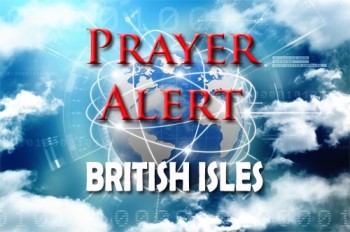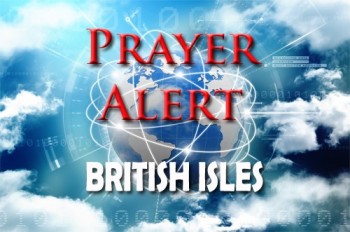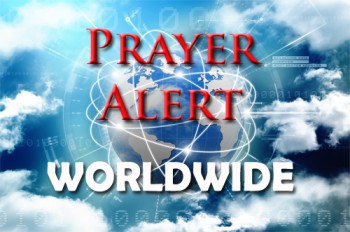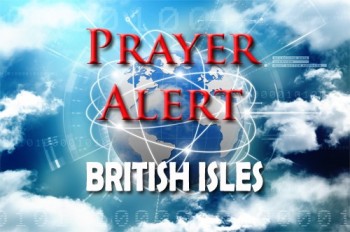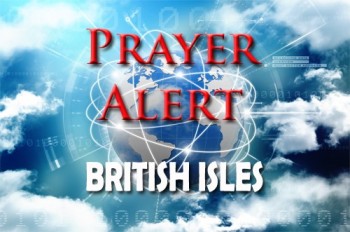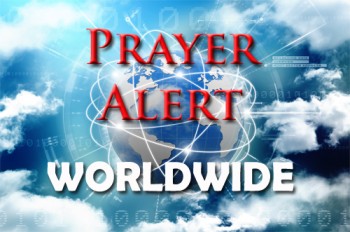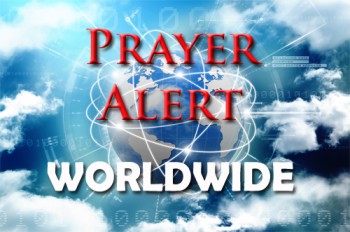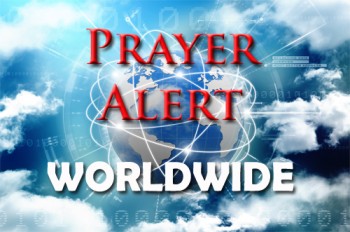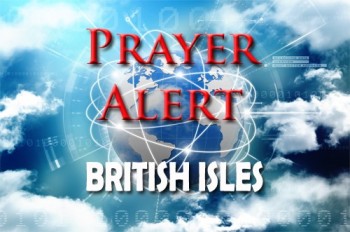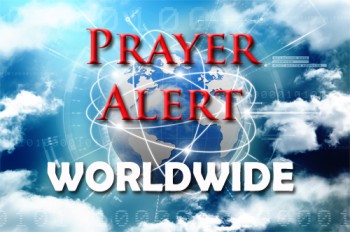Displaying items by tag: Black Lives Matter
Another family mourns
As groups of people streamed into London last week to offer tributes and tears to their Queen, another faction with heavy hearts filed through the capital’s congestion. The group of supporters marching with the family of Chris Kaba, who was shot dead by armed police in south London on 5 September, was so large that a Sky News reporter broadcasting live mistook them for royal mourners. An embarrassing - and perhaps telling - mistake from a media so often accused of ignoring or misinterpreting the stories that matter most to black and brown communities. Chris Kaba, 24, who was engaged and due to become a father, was killed by a single shot fired by a Met police officer after a car chase in Streatham. The vehicle he was driving was flagged by a number plate recognition camera linking it to an earlier firearms incident. It has since emerged that the car was not registered to Kaba, but to someone else. In other words, this was a young, unarmed black man killed by someone paid to protect the public. Kaba’s family understandably want answers. In a statement, they said: ‘if Chris had not been black, he would have been arrested and not had his life cut short’. The police officer who shot him has been suspended.
BLM activists fear for their lives
‘If people constantly say they want to kill you, you don't feel safe at all’, says Aima, a Black Lives Matter (BLM) activist. Standing up for the rights of black people has a high price for many protesters in the UK. But lack of trust in the police means many threats go unreported. That trust has been eroded by decades of racism. An inquiry into botched investigations into the murder of black teenager Stephen Lawrence found institutional racism in London's Metropolitan Police. Despite some changes since then, black people and ethnic minorities are still disproportionately represented when it comes to police checks, imprisonment, and deaths in custody. A 2020 survey by the charity ‘HOPE not hate’ revealed 65% of people from ethnic minority backgrounds felt the police were biased against their community. When a new generation of activists addressed the UK’s racial divide they were met with curiosity and sympathy, but that turned into defensiveness and outright denial from some in Britain's ruling class and opinion influencers.
USA: police have killed over a thousand since George Floyd’s death
At least 1,068 people have been killed by police since the death of George Floyd, an unarmed black man, in Minnesota on 25 May 2020. His killing triggered worldwide protests demanding justice and an end to systemic racism. In April 2021 Floyd’s killer was found guilty of murder and manslaughter; sentencing is on 25 June. Between January 2013 and May 2021, US police killed at least 9,179 people, according to data compiled by Mapping Police Violence, a research and advocacy group. Since Floyd’s death, the group has recorded at least 1,068 police killings across the country – an average of three killings every day. Despite being 13% of the population, black Americans are three times as likely as white Americans to be killed by the police. The group also found that ‘levels of violent crimes in US cities do not determine rates of police violence’.
Bishop of Dover on racial equality
Rt Rev Rose Hudson-Wilkin, the Church of England’s first black female bishop, is concerned that a Government’s report on race and ethnic disparities said that the success of the ethnic minority population in education and economy is a model for other white-majority countries. The Bishop said that we will be an example when black people are not just sweeping floors, cleaning, and catering in establishments, but sitting around every table and in leadership in all walks of life. ‘There are serious issues around that report if it is telling us we are now a model country.’ The report, commissioned after the Black Lives Matter movement began, said there was no evidence of institutional racism in the UK: rather, geography, family influence, socio-economic background, culture, and religion all impact life chances more than racism. Many say the report was culturally deaf and out of step with public opinion.
Songs of Praise controversy
Christian MP Gregory Campbell has defended his claim that the BBC's Songs of Praise Gospel Singer of the Year Competition was ‘the BBC at its Black Lives Matter worst’. The semi-final featured five black singers and three black judges. He believes the singers were not representative of the best gospel singers in the country, the BBC is not diverse, and the show had ‘one colour scheme’. The presenter of the competition said very few white people applied, and the best singers were chosen. The MP then asked him if he was trying to make him believe there wasn't a single white person good enough when both black and white sing gospel. The presenter said the show celebrated a style of music that came out of black communities and black experience in this country; Campbell's comments show a lack of understanding and ignorance about gospel music.
USA: honouring Covid victims
Black Lives Matter co-founder Patrisse Cullors is encouraging people to share photos, artwork, a prayer, or a meditation for loved ones lost to Covid-19, as part of a project to honour people dying of the disease and their families. A dairy market has been transformed into a gallery and event space. Participants use the #PrayforLA hashtag. Patrisse announced the initiative through an Instagram video on 2 January. He said that as Latino and Black residents are disproportionately impacted by Covid, the government should do more to help people financially.
USA: police kill a black man, causing protests and riots
Philadelphia is critical to next week's presidential election. This week hundreds of protesters have been marching through the city demanding racial justice after police killed Walter Wallace, a black man suffering a mental health crisis. Police shot him because he wouldn't drop a knife. A police spokeswoman said that Wallace advanced towards them and they fired fourteen shots, hitting Mr Wallace in the shoulder and chest. She added, ‘One of the officers drove him to a hospital, where he was pronounced dead’. This statement is contradicted by bystanders and Mr Wallace's family lawyer, who said that the family called for an ambulance because of his bipolar disorder. Mr Wallace’s father said, ‘Why didn't they use a taser?’ The marches began peacefully but became more confrontational as the evening drew on. Protesters are looting and ransacking businesses. The National Guard has been deployed with officers in riot gear.
USA: BLM unsavoury spirituality
Black Lives Matter organiser Melina Abdullah called out the names of blacks killed by police and summoned the spirits of the dead by pouring out a drink offering on the pavement at a Los Angeles June march. ‘Our power comes not only from the people here but from the spirits that we cannot see’, said Abdullah, as reported by the Los Angeles Times. ‘When we say their name, we invoke their presence.’ In the 1960s, the leaders of Civil Rights movements were Christians. Today’s BLM leaders are completely different. Pray for the US church to weigh its response to racism and police brutality while filtering a movement whose values are diametrically opposed to the Bible’s. It blends African and indigenous cultures’ spiritual practices ,and beliefs, ancestor worship; chanting rituals, dancing, and summoning deities. This unsavoury underpinning has caused a parallel movement called One Race to be birthed, welcoming all races and based on prayer, praise, preaching, and education.
Police on alert for Bank Holiday protest
Three thousand police will be in London over the bank holiday weekend amid fears of public disorder from Extinction Rebellion (XR) which plans a 'civilly disobedient long weekend'. XR urges its supporters to join a ‘Million People March’ by Black Lives Matter, calling for the defunding of the police. There will be 60 police units of 25 officers, 8 armed response teams and 46 officers with firearms intervention training. Also police will close premises holding unlicensed events and use teams to remove sound systems and barricades. XR is urging local chapters to cause 'high-impact disruption' this weekend before a nationwide 'rebellion' on 1 September. Its website states, ‘Countdown to Rebellion will be creative and nonviolent, and draw attention to the greatest existential threat we face - climate and ecological emergency. People up and down the country will come together in their communities to tell the Government that, frankly, we’ve had enough of them putting us all at risk.’ See
USA: disorder after police shoot unarmed black man
Wisconsin’s governor called in the National Guard to help quell unrest after police shot unarmed Jacob Blake in the back seven times at close range. The incident was videoed and went viral on the internet sparking nationwide demonstrations and the postponement of major sporting events as players protested against the shooting. Trump’s administration made its sympathies clear: ‘We will always stand with the men and women who serve on the thin blue line of law enforcement.’ Meanwhile Rev Al Sharpton and his National Action Network are leading a march on Washington to demand action on police brutality. He said, ‘That policeman’s life was never under threat, and yet he shot multiple times. That’s why we’re marching.’ Some say, ‘Riots are not saving Black lives, they’re destroying lives, businesses and the social fabric of cities.’ Others reply, ‘There needs to be unrest in the streets as long as there’s unrest in our lives’. See
